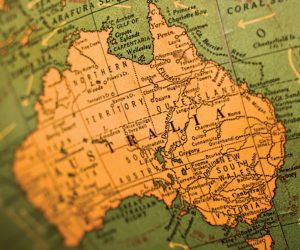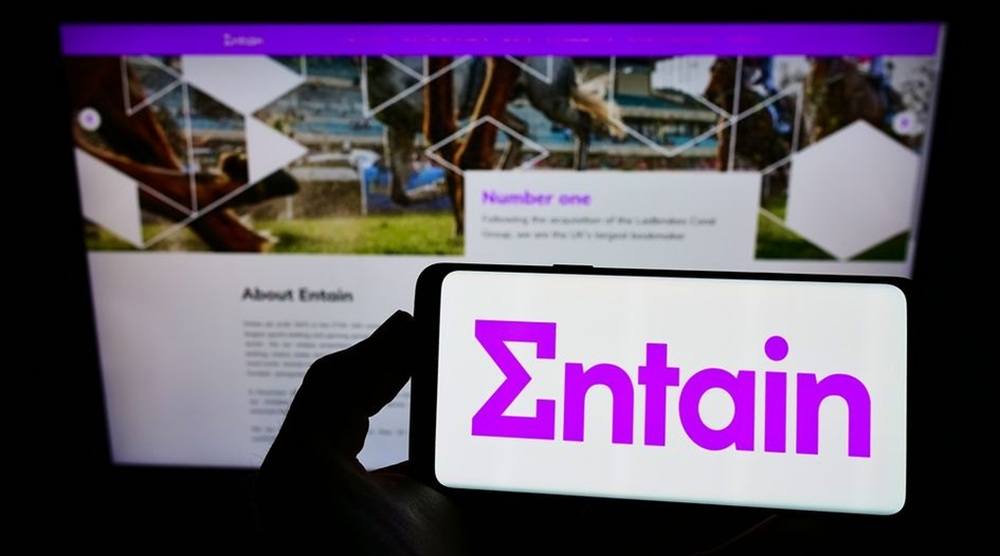20,000 workers given weeks to leave Philippines after ban on gambling operations linked to scams

- by Admin
- July 26, 2024
In short:
An estimated 20,000 mostly Chinese foreign workers have been told to leave the Philippines after the president banned offshore gambling operations.
Amid strained relations over the South China Sea, the Chinese embassy gave the move the thumbs up.
What’s next?
There are concerns the operations will go underground or simply relocate elsewhere.
The Philippines has ordered an estimated 20,000 foreigners working in mostly Chinese-owned offshore gambling firms to leave the country within 60 days.
President Ferdinand Marcos Jr on Monday banned the Philippine Offshore Gaming Operators (POGOs) for their alleged links to crimes, human trafficking and financial scams, and gave the gaming regulator until the end of the year to shut the businesses down.
“Disguising as legitimate entities, their operations have ventured into illicit areas furthest from gaming such as financial scamming, money laundering, prostitution, human trafficking, kidnapping, brutal torture, even murder,” Mr Marcos said in his address.
“The grave abuse and disrespect to our system of laws must stop.”
Mr Marcos’s order in his state-of-the-nation address came amid an ongoing government crackdown backed by Beijing that has led to the shutting down of several sprawling complexes.
Thousands of Chinese, Vietnamese and other nationals mostly from South-East Asia have been illegally recruited with promises of high salaries but later forced to work in dismal conditions and threatened with severe harm if they disobeyed orders or tried to escape.
Philippine immigration chief Norman Tansingco said in a statement that foreign workers had 59 days to leave the country.
Most of the people expected to be affected by the order are Chinese citizens.
Workers who stay in the country beyond the two-month period will be deported, Mr Tansingco added.
A ‘major step’
United Nations Office on Drugs and Crime deputy regional representative for South-East Asia and the Pacific Benedikt Hofmann told the ABC the ban was a “major step”.
“The Philippines’ move to ban POGOs will certainly have an impact as it removes the thin layer of legality used by many illegal operators to shield themselves from scrutiny and enforcement,” Mr Hofmann said.
“At the same time, scam centres and other criminal activities will push further underground, and we are expecting to also see a movement to other parts of the region — and beyond — to places with less enforcement pressure and weaker governance frameworks.”
The crackdown on hundreds of illegal POGOs involved in crimes such as scams and human trafficking would continue, the Presidential Anti-Organised Crime Commission said.
POGOs emerged in 2016 and boomed in just a few years as companies capitalised on liberal laws to target customers in China, where gambling is banned.
At their peak, some 300 POGOs operated in the Philippines, but the coronavirus pandemic and tighter tax rules forced many to relocate or go underground.
Only 42, mostly Chinese, firms have kept their licenses, directly and indirectly employing around 63,000 Filipino and foreign workers.
Alejandro Tengco, chairman of the Philippine Amusement and Gaming Corporation, said the challenge for law enforcers was to prevent the firms from going underground.
A rare compliment from China
Some analysts said the ban might help ease tensions with Beijing over the disputed South China Sea.
“This might lead to an improvement in Philippine and China relations,” said Renato Cruz De Castro, an international affairs analyst at De La Salle University in Manila.
Relations between China and the Philippines under Marcos have been strained since he allowed an expanded US military presence in the country under a 2014 defence pact and hostilities between their forces started to flare in the disputed South China Sea last year.
A Philippine campaign to expose China’s aggressive actions in the disputed waters through the press to gain international support has sparked a scathing war of words.
On Thursday, China issued a rare compliment to the Marcos administration for the order, which came amid an ongoing government crackdown backed by Beijing.
“We believe this decision echoes the call of the Philippine people and serves the common interests of people of both countries,” a Chinese Embassy statement said.
“China is ready to continue its strong law enforcement cooperation with the Philippines and better protect the safety and wellbeing of the two peoples.”
The Chinese Embassy statement, attributed to an unnamed spokesperson, stated that China prohibits all forms of gambling and added that the Chinese government has cracked down on Chinese citizens engaging in overseas gambling businesses including the POGOs.
“POGO breeds serious crimes and gravely undermines the interests of both Philippine and Chinese peoples,” the Chinese Embassy said.
ABC/wires
The Latest News
-
December 23, 2024Wimbledon champion accepts ban for anti-doping breach just months after winning US Open
-
December 23, 2024Australian tennis star Purcell takes voluntary suspension over anti-doping breach
-
December 23, 2024Max Purcell to miss Australian Open after accepting ban for anti-doping breach
-
December 23, 2024Australian tennis star Purcell provisionally suspended for doping
-
December 23, 2024Star batter misses optional Aussie session; MCG curator rejects anti-India ‘conspiracy’ — Test Daily





